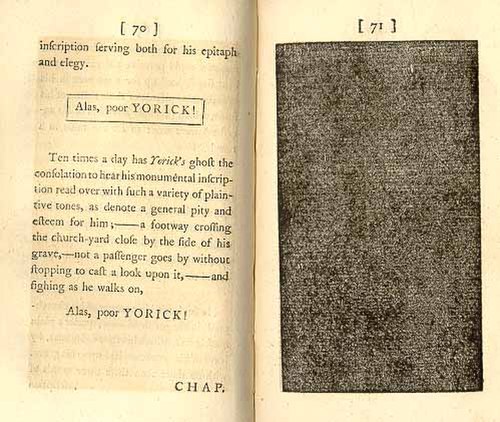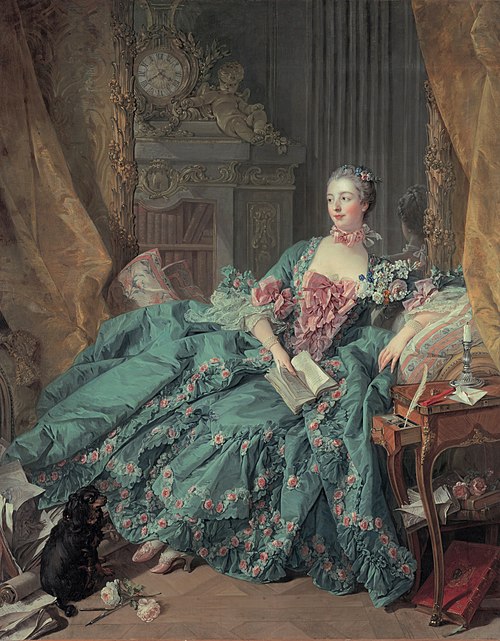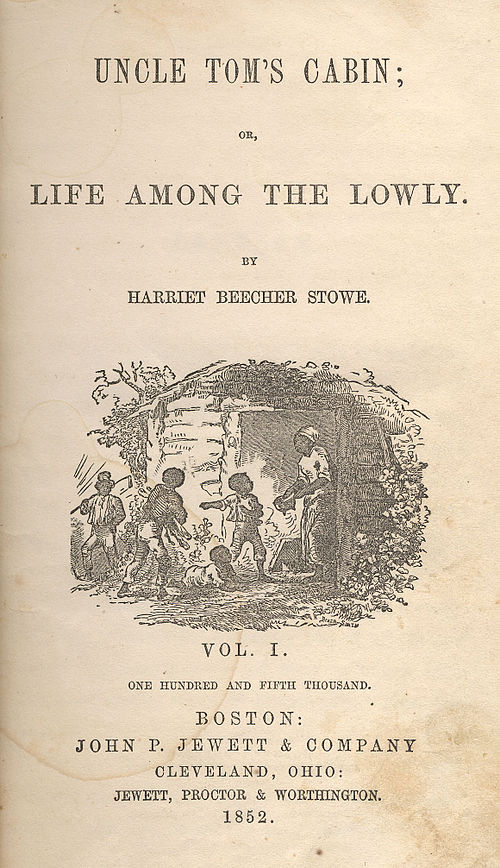Noveladjective
new, original, especially in an interesting way
Novelnoun
(obsolete) A novelty; something new.
Novelnoun
A work of prose fiction, longer than a novella.
Novelnoun
(historical) A fable; a short tale, especially one of many making up a larger work.
Novelnoun
A new legal constitution in ancient Rome.
Noveladjective
Of recent origin or introduction; not ancient; new; hence, out of the ordinary course; unusual; strange; surprising.
Novelnoun
That which is new or unusual; a novelty.
Novelnoun
News; fresh tidings.
Novelnoun
A fictitious tale or narrative, longer than a short story, having some degree of complexity and development of characters; it is usually organized as a time sequence of events, and is commonly intended to exhibit the operation of the passions, and often of love.
Novelnoun
A new or supplemental constitution. See the Note under Novel, a.
Novelnoun
a extended fictional work in prose; usually in the form of a story
Novelnoun
a printed and bound book that is an extended work of fiction;
Noveladjective
of a kind not seen before;
Noveladjective
pleasantly novel or different;
Novel
A novel is a relatively long work of narrative fiction, typically written in prose and published as a book. The present English word for a long work of prose fiction derives from the Italian: novella for , , or , itself from the Latin: novella, a singular noun use of the neuter plural of novellus, diminutive of novus, meaning .Some novelists, including Nathaniel Hawthorne, Herman Melville, Ann Radcliffe, John Cowper Powys, preferred the term to describe their novels.
Fictionnoun
Literary type using invented or imaginative writing, instead of real facts, usually written as prose.
Fictionnoun
(uncountable) A verbal or written account that is not based on actual events (often intended to mislead).
Fictionnoun
(legal) A legal fiction.
Fictionnoun
The act of feigning, inventing, or imagining; as, by a mere fiction of the mind.
Fictionnoun
That which is feigned, invented, or imagined; especially, a feigned or invented story, whether oral or written. Hence: A story told in order to deceive; a fabrication; - opposed to fact, or reality.
Fictionnoun
Fictitious literature; comprehensively, all works of imagination; specifically, novels and romances.
Fictionnoun
An assumption of a possible thing as a fact, irrespective of the question of its truth.
Fictionnoun
Any like assumption made for convenience, as for passing more rapidly over what is not disputed, and arriving at points really at issue.
Fictionnoun
a literary work based on the imagination and not necessarily on fact
Fictionnoun
a deliberately false or improbable account
Fictionnoun
literature in the form of prose, especially novels, that describes imaginary events and people.
Fictionnoun
something that is invented or untrue
Fictionnoun
a belief or statement which is false, but is often held to be true because it is expedient to do so
Fiction
Fiction is any creative work (chiefly, any narrative work) consisting of people, events, or places that are imaginary—in other words, not based strictly on history or fact. In its most narrow usage, fiction refers to written narratives in prose and often specifically novels, though also novellas and short stories.















